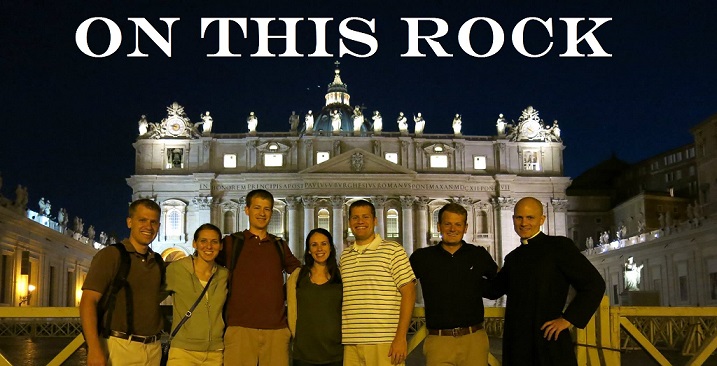Homily for All Saints
All Saints – the feast day
for our time, because we’re not sure who we are anymore.
Thomas Howard - Who Am I? Who
Am I?
He said if you were given
phrases like “Who Am I?” or “Identity Crisis” “my self concept” you know they
would be phrases uttered in our own day.
“all of art, movies, poetry,
painting – it all assumes that somewhere we lost ourselves and must grope for
any straw of affirmation that may float by in the dark…we send up flares
signaling “Help! What are we?”
And so we consult gurus,
sages, horoscopes, palm readers, fortune tellers, or you join a group that will
nudge you along toward an answer by getting you to sit in a circle with them,
or breathe with them, or dance with them, or work through your hangups with
them
When did this happen? When did the question “Who am I” push itself
to center stage? Probably somewhere
after the Renaissance when in the 18th-19th centuries we
exiled the gods, but we had nothing left to contemplate but ourselves.
A certain distance has to be
between the asker and the thing they are asking about, so when we ask about
ourselves, that means there has to be some unnatural divide in us
And then comes Christ to show
us salvation, but we might be offended that he just seems to give us a lot of
commandments…the beattitudes, deny yourself, love your neighbor….
After all, we might say, I
must find out who I am before I can do anything else?
But God would say “must you?” In the Bible, there is a curious lack of any
suggestion that our business is to first find out who we are.
Conclusion: but in doing the things of God, REALLY
praying, REALLY serving the poor, REALLY fasting, REALLY being humble I discover my real freedom and personhood
not in looking for it but in learning to love God and my neighbor
It is dangerous to preach
about yourself on all saints day…but let me just say that very imperfectly it
has been THROUGH doing the things I’m asked to do, imperfectly, that I have come
to settle in who I am, in a way that the long years of searching have not
Often with Saints, we are
drawn to their stories
“What would it look like if I
lived like Saint Francis?
Or Therese who died as a
teenager?
Or King Louis, or Saint John
the Baptist, or Dominic, or the Blessed Mother or St. Joseph…
And those are all good.
But what we must know, in
this age where we question our identity and think we have to find ourselves
first before we hop on the train with God, is that we won’t find ourselves
UNTIL we pick up a shovel, and get to work doing the things God is asking of us,
and when we do that, we’ll wake up one day somewhere we never planned being a
person we never planned on our own, and could never have known when we were 18 or
50 or 90 and trying to find ourselves
What any person’s life will
look like when they begin to follow God … it is anyone’s guess, but you and I
will be as varied as St. King Louis of France is from Saint Damien the leper
As different as the bookish
and brilliant Thomas Aquinas is from the warrior St. Joan of Arc
Do you want to know who you
are? In your baptism, you are a son or daughter of God…now get to work living
that…and the question “who am I” will evaporate and never be a concern again.




